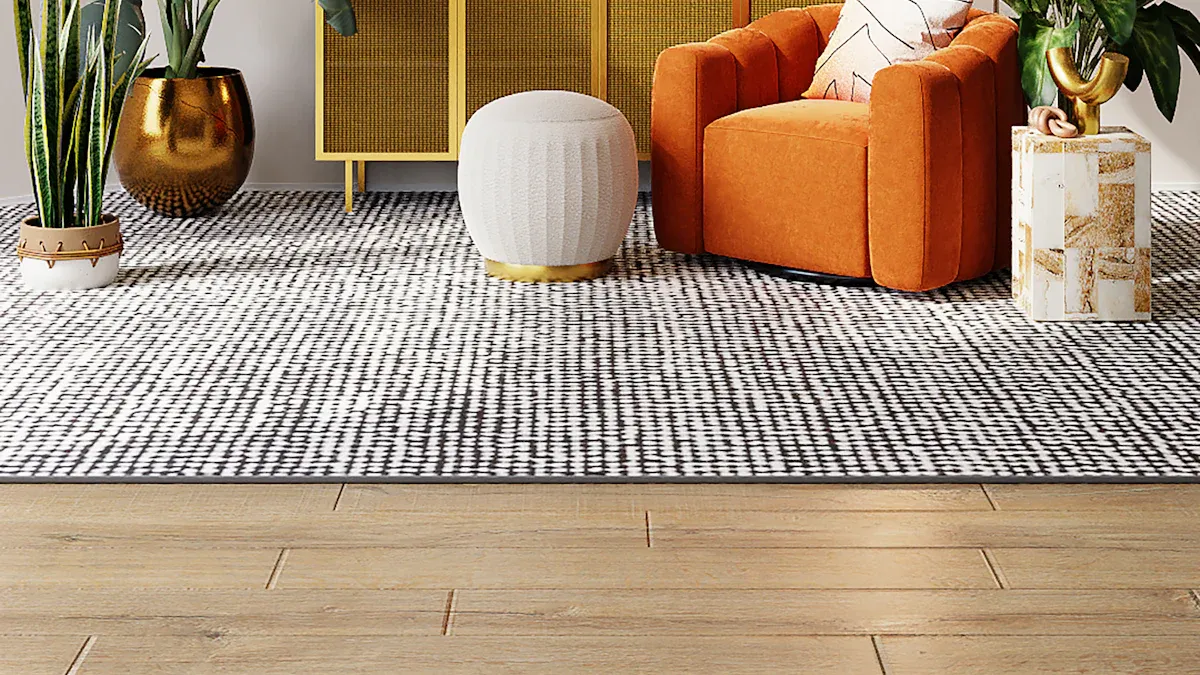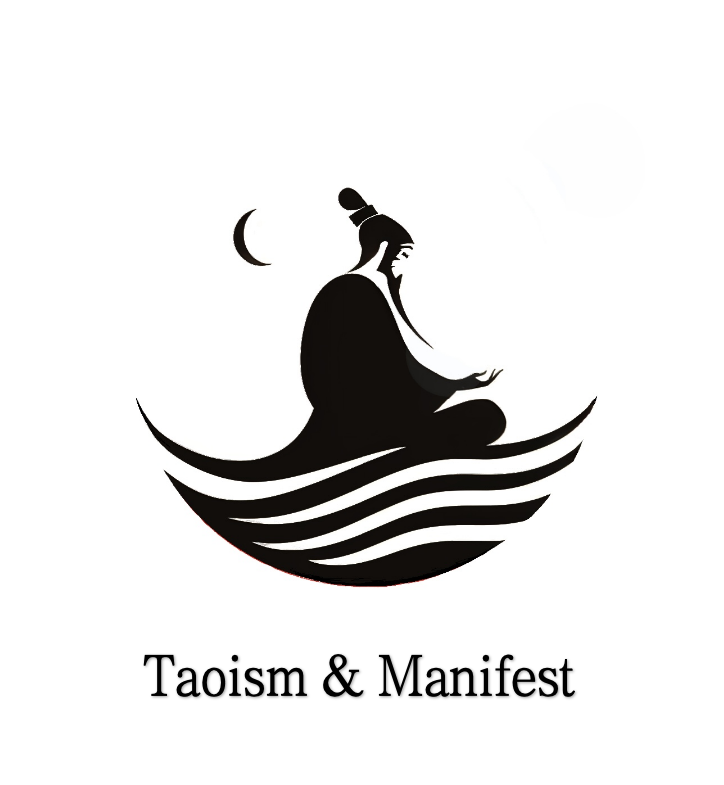
Have you ever wished you could instantly harmonize your space or create a more peaceful home? Many people want a harmonious living space, and chat feng shui makes that easier than ever. You can simply use a feng shui ai bot to upload a photo or floor plan, and the home design chatbot will analyze your room. Chat feng shui uses advanced feng shui ai to deliver personalized feng shui advice. With chatbots like these, you get instant feng shui advice. In fact, a 2015 study found that 86 percent of Chinese-American buyers consider feng shui when choosing a home. Now, you can use a feng shui ai bot or a home design chatbot to get advice in seconds. Chat feng shui and feng shui ai bots make it simple. Chatbots help you take action fast with a feng shui ai bot guiding every step.
Key Takeaways
Feng shui AI chatbots give fast, personal tips to help your home's energy and balance. They use your photos or floor plans to do this.
If you give clear room details and photos, the chatbot can give better ideas. It can help with furniture, colors, and cleaning up.
You can try small changes from the chatbot easily. You can update your space step by step for better results.
AI advice is quick and cheap. But it may not feel as personal or be as exact as advice from real feng shui experts for big choices.
Your privacy is safe with secure data rules. You choose what you share with the chatbot.
What Is Feng Shui AI?

Feng shui AI uses old ideas in a new way. Classical feng shui comes from Taoist beliefs about nature. It uses special tools like the Luo Pan compass. The main goal is to balance Qi, which is the life force. This is done by arranging things with the Five Elements and Bagua. In the past, human experts used their skills and knowledge to help you. Now, feng shui AI uses artificial intelligence to look at your home. It gives you feng shui advice right away.
How Feng Shui AI Bots Work
A feng shui ai bot acts like a helper on your device. These chatbots use AI to check your room’s details, pictures, or floor plans. You can upload a photo or type in your room’s size. The chatbot looks at this information and checks your room’s layout. It uses feng shui rules to help you. It thinks about the Five Elements—wood, fire, earth, metal, and water—and the Bagua map. This helps it see how energy moves in your space. Some chatbots even use astrology and your birth date for more personal advice. With ai, these bots can show changes, guess results, and give you special feng shui tips in seconds.
Tip: For the best results, use clear photos and correct room sizes when you try a feng shui ai bot.
Key Features of Feng Shui AI
Feng shui chatbots have many smart features. Here are some things you might find in a feng shui ai platform:
It can look at your space in real time with photos or floor plans.
It gives you advice for where to put furniture, what colors to use, and how to decorate using the Five Elements.
It uses astrology and Bagua maps for better feng shui advice.
It changes its feng shui tips as you update your room details.
It has tools to help you see changes, sometimes with augmented reality.
It can keep checking your space and give feedback if you use smart sensors or IoT devices.
With ai in feng shui, you get advice that is quick and easy to use. Chatbots make it simple to change feng shui in your home. You do not have to wait for a human expert. Just use a feng shui ai bot and start making your space better right away.
How to Use Chat Feng Shui
Ready to get started with chat feng shui? You can use feng shui ai to make your home feel more balanced and welcoming. Here’s how you can use chatbots and a home design chatbot to get personalized recommendations for your space.
Preparing Your Room Details
Before you use chat feng shui, you need to gather some details about your room. This helps the chatbot give you the best advice. Here’s a simple step-by-step guide:
Pick the room or area you want to improve. Maybe it’s your bedroom, kitchen, or home office.
Describe the layout and what furniture you have now. You can mention the size, shape, and where things are placed.
Share what you want to achieve. Do you want better sleep, more energy, or a peaceful space?
Point out any problems. Maybe you have clutter, poor lighting, or a space that feels off.
Take clear photos or write a detailed description of the room.
Let the chatbot know your main goals, like improving health, wealth, or relationships.
Tip: The more details you give, the better the feng shui ai can help you achieve feng shui in your home.
Uploading Images or Floor Plans
Uploading images or floor plans makes a big difference. Feng shui ai platforms accept many image types, like JPG, PNG, HEIC, WebP, TIFF, BMP, and even RAW camera files. You can also upload floor plans in vector formats. High-resolution images (up to 8K) work well, and you can upload more than one image at a time.
When you upload a floor plan, the chatbot can see the layout and direction of your home. It checks the main door, bedrooms, kitchen, and living room. The chatbot uses this information to spot good and bad areas in your space. This helps you get comprehensive feng shui tips that fit your home.
Note: Clear, well-lit photos and accurate floor plans help the chatbot give you more accurate and personalized recommendations.
Getting Personalized Feng Shui Recommendations
Once you share your room details and upload images, the feng shui ai gets to work. The chatbot looks at your photos, floor plans, and descriptions. It uses traditional feng shui rules and modern AI to study your space.
Here’s what happens next:
The chatbot checks the layout, furniture, and colors in your room.
It uses the Bagua map and the Five Elements to see how Qi moves in your space.
The chatbot matches your goals with feng shui principles.
It finds areas that need improvement and gives you personalized recommendations for furniture placement, color choices, and decluttering.
You get advice that fits your needs, whether you want to boost energy, create calm, or attract good luck. The chatbot can even answer questions about feng shui concepts or suggest remedies for tricky spots.
Implementing Feng Shui Advice
Now it’s time to put the advice into action. Start by making small changes, like moving furniture or adding a new color. The chatbot may suggest removing clutter, changing the position of your bed, or adding plants for better Qi flow.
You can check back with the chatbot after you make changes. Upload new photos or update your room details. The feng shui ai will review your updates and give you more tips if needed. This way, you keep improving your space step by step.
Remember: Chatbots make it easy to try new ideas and see what works best for you. You don’t need to be an expert to create a balanced, happy home.
Personalized Feng Shui Recommendations

When you use a feng shui chatbot, you get personalized feng shui recommendations that fit your needs and your space. This personalized approach helps you create a balanced home that feels just right for you. Let’s look at the main types of advice you’ll receive and how they help you build a positive space.
Furniture Placement
Furniture placement shapes the energy in your home. AI feng shui tips often analyze furniture placements to make sure you have a balanced home. The chatbot checks your room’s size, layout, and how you move through the space. It suggests where to put your bed, desk, or sofa for the best Qi flow. Many people use AI to plan their rooms, and design firms say these layouts improve how you use your space. You might find new ways to arrange furniture that you never thought of, making your home more comfortable and open.
Try moving your bed so you can see the door but aren’t in line with it. This simple change can help you feel safe and relaxed.
Color and Decor
Color and decor play a big role in feng shui optimization. The AI looks at your room’s function, natural light, and the five elements—wood, fire, earth, metal, and water. It then gives personalized recommendations for colors and decor that match your goals. For example, if you want a calm bedroom, the chatbot may suggest soft blues or greens. If you want more energy in your office, it might recommend touches of red or orange. You can even use digital tools to see how different colors look before you paint or decorate.
Decluttering and Organization
A balanced home needs to stay free of clutter. Cluttered spaces block Qi and can make you feel stressed or tired. The chatbot will guide you to clear out things you don’t need, especially near doors and in bedrooms. It may suggest removing broken items or things that bring bad memories. Keeping your home tidy helps you create a positive space and supports your well-being.
Area |
Decluttering Tip |
|---|---|
Entryway |
Keep it open for good energy flow |
Bedroom |
Remove work items for better sleep |
Kitchen |
Clear out unused or broken objects |
Practical Feng Shui Cures
You also get practical cures to boost harmony. The chatbot may tell you to use plants or water features in certain rooms to balance the elements. It can help you find the command position for your bed or desk, making you feel more secure. You’ll get tips on keeping furniture stable and avoiding plants in bedrooms if they add clutter. These cures help you turn your home into a balanced home that supports your health, relationships, and success.
With these feng shui insights, you can enjoy a positive space that matches your goals and lifestyle.
Feng Shui Advice: AI vs. Traditional Consultations
Accuracy and Reliability
When you want feng shui advice, you hope it is right. AI chatbots give fast answers, but they are not always correct. Research shows that tools like DeepSeek and Fatetell only answer half of easy questions right. Sometimes, the advice seems random or does not fit your needs. AI cannot feel emotions or know your story. Human feng shui experts learn for years. They know how to read rooms and connect with people. Their experience helps them see things AI might miss. AI advice can sound detailed but may be wrong. Human consultants give advice that feels personal and trustworthy, especially for big changes.
Note: AI is good for quick tips, but human experts are best for important feng shui advice.
Privacy and Security
You may worry about your privacy when using feng shui AI. Most top platforms use strong security like data encryption and safe servers. Your photos and floor plans are deleted after the chatbot checks them. Payment is safe because companies like Stripe or PayPal handle it. You choose what data to share, and you can delete or export your info. Some platforms use analytics, but you can often say no. No system is perfect, even with these protections. Human consultants keep your details private by talking in person, but they may not have digital safety tools.
Data is encrypted when sent.
Images are deleted after use.
Payments are handled by secure companies.
You can see, delete, or export your data.
Cost and Accessibility
AI feng shui advice is easy to get and costs less than hiring a person. You can use a chatbot any time and get answers fast. This is good if you want to try feng shui or need a quick tip. Human consultants cost more and may need to visit your home. They give personal advice and deeper help, but you may wait for an appointment. If you want fast and cheap advice, AI is a good choice. If you need more help or have a hard problem, a human expert gives more value.
Feature |
AI Chatbot |
Human Consultant |
|---|---|---|
Speed |
Instant |
Scheduled |
Cost |
Low or Free |
Higher |
Personal Touch |
Limited |
High |
Privacy |
Digital Security |
Face-to-Face Privacy |
If you want quick and easy answers, AI is helpful. For deep and personal feng shui advice, a human consultant is still the best choice.
Using a chat feng shui AI bot gives you instant, personalized advice for your home. You get tips on color, furniture, and energy flow that match your needs. The tool is easy to use, even if you know nothing about feng shui. You do not need to wait for an appointment or download anything. Your data stays private, and the service is free.
Ready to try it? Upload a photo of your room and see how small changes can boost harmony and Qi in your space!
FAQ
How fast can I get feng shui advice from the chatbot?
You get answers in seconds! Just upload your room photo or floor plan. The chatbot reviews your details and gives you instant tips for your space.
Can I use chat feng shui AI for any room?
Yes, you can use it for any room—bedroom, kitchen, office, or even your whole home. Just share clear photos and your goals for the best advice.
Is my personal data safe when I use feng shui AI?
Your privacy matters. Most platforms delete your photos after use and keep your data secure. You control what you share and can remove your info anytime.
Do I need to know feng shui or Taoism to use the chatbot?
No experience needed! The chatbot explains everything in simple words. You just follow the steps and get easy-to-understand advice for your home.
What if I want more detailed feng shui help?
You can always ask the chatbot more questions. For big changes or deep advice, you might want to talk to a human feng shui expert.






